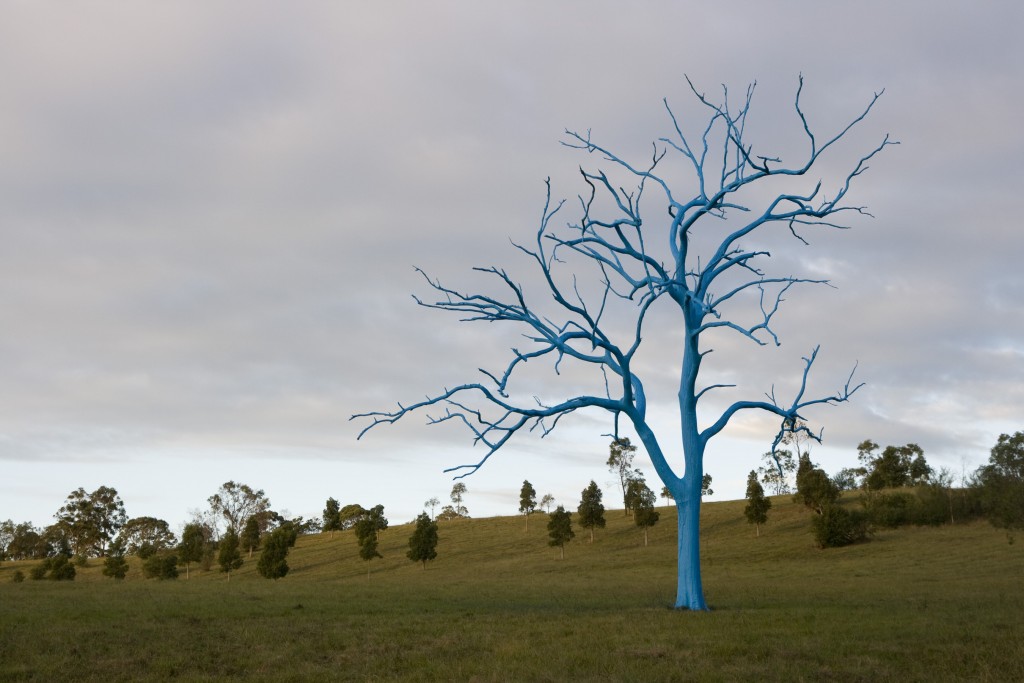These poems by Timothy Shaner ask how the self is constructed in writing. Is poetry a recollection in tranquility, a projection of the as yet uncreated self into the future, or some combination of the two? Shaner explore the possibilities…

by: Timothy Shaner
from Radio Ethiopia
Radio Spicer: “Not looking backwards. Letting the poem look forward. Just following the bloody path to see where it goes. And sometimes it doesn’t go anywhere” (54).
Yeah, but, looking back can be a way to move forward, me writing this as I’m saying it, here now in regards to that, saying it as I’m writing this.
Radio Grenier: “The new is the old made known.”
As if the partial past ever largely left, left its parcel, its parceling, there to be, fetched, packets of meanings that elude meaning.
The guitarist breathes between notes. Goes on in for it, hesitates, stutters, heaves a bit, waiting, now, listening for a way back in, as if the guitarist was ever out of it, then meddling for an exit.
But even when he exits he’s still in it. So, no in or out just the back & forth, sounds of being present—
Moving ahead
and behind it and then
in it somewhere
in proximity
where back again may be, two
or three, half steps
quartered,
diced.
Not a blue guitar because a commercial comes along and takes it out. That’s what happens to language out in the open; on its own, they own it, but so do you.
like Williams leaving
sentences
He’s in his office, at his typewriter desk, the kind where the typewriter is rigged to the desk like a sewing machine, such that it allows you to tuck the typewriter away, back down into the desk, from whence it sprung or came, squeezing it shut when you don’t want to use it, don’t want its keys there staring at you
And never returning, but maybe returning later in a parallel slice of day, not attempting to finish the thing, you don’t need to make it perfect, says Jack on Radio Spicer, as if you could,
The way they do, leaping, a thrownness in their syntax, mixed up constructions, running through the yellow fields, they the dreamers, far off—in the African Alps, in Blaland—
“‘a movement that produces itself and that, nevertheless, does not produce itself, producing the emptiness in which it moves; for its emptiness is the possibility of movement’” (Heidegger qtd. in Agamben, Potentialities 191).
So he’s in his office, writing something on his typewriter, some incompletion that finds its way to Spring and All, when his wife tells him his patient has arrived and so William Carlos Williams tucks the typewriter, the paper still in place in the roller, back down into the desk and rises to greet his patient as she walks through the door, his sentence
But he never goes back to fix
Backwards Thinking
“But the neck was created to turn and see.”—Amharic Proverb
I look out from somewhere
in the vicinity of my face.
Clearly, I’m not looking out the back of my head. Of that, I’m certain.
I don’t look down to regard my derrière,
for example. I’m not at that ring
yet.
So I figure my being…………flows forward…………..via my face……..out my eyes.
Forward being
what’s in front
of me,
I’m not coming out my ears, that’s for sure;
my life’s a head of me, where my eyes take place.
Though, true, the ears bring sound around and into sight.
Panasonic vision, so to speak.
I hear the sound
and I turn
to look.
I turn my neck?
Tim Shaner is the author I Hate Fiction: A Novel (Spuyten Duyvil 2018) and the poetry collection Picture X (Airlie Press 2014). His work has appeared in Capitalism, Nature, Socialism (forthcoming), The Poetic Labor Project, Plumwood Mountain, Colorado Review, The Claudius App, Jacket, The Rialto, Ambit and elsewhere. He has an MA in Creative Writing from Antioch University (London) and a Ph.D. from SUNY-Buffalo’s Poetics Program. He curates the Windfall Reading Series at the Eugene Public Library and teaches writing at Lane Community College in Eugene, Oregon.





